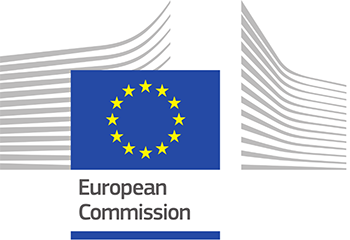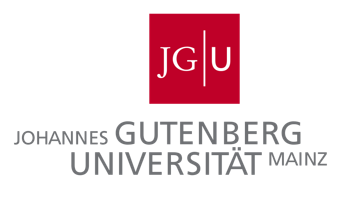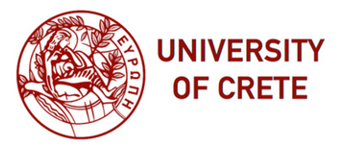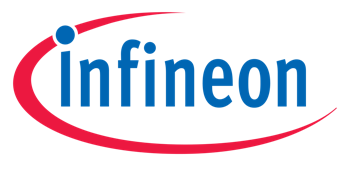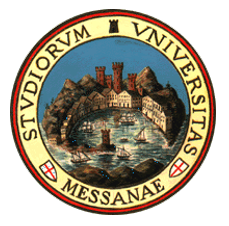TOPOCOM - Topological Solitons in Ferroics for Unconventional Computing
TOPOCOM

TOPOCOM is a network of leading European groups from different disciplines and sectors selected to provide comprehensive training on the integrative concepts underlying the science of topological solitons in ferroic materials and their application in unconventional computing.
Topological solitons are a rich source of emergent physical phenomena and most promising nanoscale systems for future technology, enabling conceptually new pathways for low-energy information processing and sensing, as well as integrated data storage. Many of the developments in the field have occurred only in the past few years and it is clear that we have only scratched the tip of the iceberg concerning the topological solitons that form in electrically or magnetically ordered materials.
The TOPOCOM network spans the whole range from fundamental physics and applied materials science - linking both experimental and theoretical aspects - to industrial-scale production and evaluation. The scientific part (“Training through Research”) is complemented by advanced transferable business and cultural skills training (“Training for Life”), providing Europe with a unique training programme at the forefront in unconventional computing based on electric and magnetic solitons.
TOPOCOM will establish innovative solutions for more sustainable information technology and educate the next generation of experts, highly qualified to tackle the technological key challenges of growing complexity in an important sector for EU economic development.
This project has received funding from the European Union’s Horizon 2020 research and innovation programme under the Marie Skłodowska-Curie.
Grant agreement No 101119608

